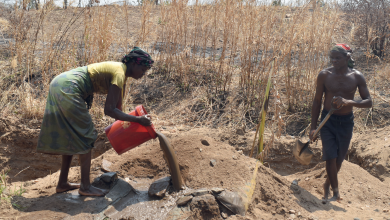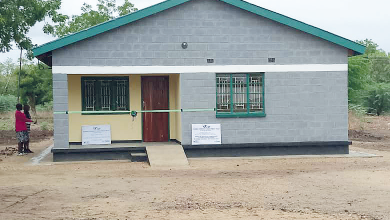Campaign tool that is CDF
As the general election approaches, the Constituency Development Fund (CDF) has once again become a central campaign talking point, with two leading parties promising dramatic increases to the fund.
For example, the Malawi Congress Party manifesto states that it will double the fund–supposedly aimed at rural and community transformation through social and economic investments–to K500 million per constituency per fiscal year.

This will translate to K114 billion annually for the 229 constituencies that have now risen from 193 after re-dermacation, up from K50.4 billion if it is maintained at the current K220 million per constituency.
The Democratic Progressive Party has promised to fork out K5 billion in CDF for every constituency. That would be K1.145 trillion per year or just over 12 percent of the current financial year’s K8 trillion national budget.
Yet, Weekend Nation investigations—based on field visits and interviews, Auditor General’s findings and our review of evaluation reports by various players including civil society organisations covering 13 of the 28 councils—show a trail of CDF financial abuse, marginalisation of communities from participating in critical areas of project identification, procurement, funds management and project implementation as parliamentarians take advantage of a weak institutional and regulatory framework to turn the constituency allocations into personal estates.
The councils our teams visited include Nsanje, Chikwawa, Mangochi, Nkhata Bay, Mzimba, Chitipa, Karonga, Salima, Ntcheu, Neno, Lilongwe, Rumphi and Mulanje.
From ghost projects to contracts awarded without competition at the behest of parliamentarians, the CDF’s implementation, seen in over 30 constituencies across 13 districts, lacks the accountability found in similar funds across the region.
As a member of Malemia Area Development Committee (ADC) in Nsanje Sinos Lyson would testify, the general frustration with CDF projects is so visible as it is now common to officially register unfinished projects as if they were complete.
He noted that some projects, which are still not finalised, are recorded as if they were complete.
Unlike in countries where we have found strong legal frameworks and robust oversight such as neighbouring Zambia, Malawi’s CDF is riddled with loopholes that make misuse not only possible, but inevitable, with parliamentarians’ personal interests suffocating those of the communities the fund is supposed to serve, angering some stakeholders such as the Malawi Local Government Association (Malga), which went to court challenging the involvement of legislators in CDF.
In a recent decision, the Constitutional Court ordered members of Parliament (MPs) off the management of the CDF, citing a clear conflict of interest.
While this ruling was widely applauded, it now faces a challenge in the Supreme Court of Appeal by the Attorney General.
This legal battle underscores a public sentiment captured by a recent Afrobarometer survey, which found that 70 percent of Malawians believe CDF benefits politicians more than the people, and that a majority want it managed by local committees.





